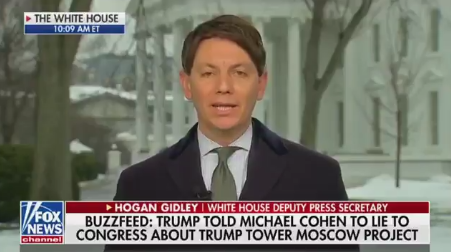
- Select a language for the TTS:
- UK English Female
- UK English Male
- US English Female
- US English Male
- Australian Female
- Australian Male
- Language selected: (auto detect) - EN
Play all audios:
PRESIDENT IS REQUIRED TO APPOINT A NEW GOVERNMENT BUT HOW? French President Emmanuel Macron is to begin a set of whirlwind meetings today (August 23) as he looks to appoint a new prime
minister. The president is required to appoint a new government after the result of July’s legislative elections, which saw his party lose its status as the biggest group in the Assemblée
nationale. Current prime minister Gabriel Attal and his cabinet resigned, however remained in-post at a caretaker capacity during the Olympic Games. Read more: PM resigns and transition
government begins - is France at a standstill? Mr Macron announced a political truce during the Olympic Games, hoping for various factions to quit squabbling and unite behind France during
the event. The Games finished on August 11, however, bringing the question of government formation to the foreground once again. WHO IS THE PRESIDENT MEETING? The first meeting will be
with Lucie Castets, candidate of the left-wing Nouveau Front Populaire (NFP) alliance, and some of her political allies. This comes after the president initially dismissed her candidature
in his first televised interview following the July legislative elections. Read more: NFP ‘is not majority group’ of parliament, says Macron Ms Castets has recently said she is open to
compromise when governing, given the fractured political situation, but still plans to enact as many policies from the NFP’s manifesto as possible. The senior civil servant announced she had
sent letters to MPs – excluding those in the far-right Rassemblement National – about forming a wider governing coalition, in an interview with French media outlet Libération, Without
mentioning names or parties, she said that “responses had been positive”. However, one sticking point is the inclusion of the far-left La France Insoumise in a wider government. Many
politicians see the party as extremist, despite them being the largest contingent of MPs in the left-wing alliance. “‘It is out of the question that all the forces of the NFP should not be
represented in our government. The voters have decided and La France Insoumise is the leading left-wing group,” she said in response. Read more: PM candidate wants to tax French abroad as
America taxes its expats A second meeting, between Mr Macron and leaders of the far-right Rassemblement National party, is scheduled for Monday August 26. A series of meetings with civil
servants and internally with members of his own party are also likely, but have not been publicised. LEFT-WING MAY STILL NOT BE OFFERED PM ROLE The NFPs status as the largest single party
does not guarantee it will be offered the chance to form the first government, much to the chagrin of its MPs. Members of the NFP including Mathilde Panot, parliamentary leader of La France
Insoumise have said they will file a motion of no confidence in the president if he does not pick its candidate Ms Castets as prime minister, believing he is going against the democratic
process. The president is the sole person responsible for choosing the next prime minister and he is generally expected to pick the candidate of the largest party. Mr Macron could choose to
read this as the group able to get the overall largest number of votes on certain key issues – his party, backed by various MPs from other groups – freezing out the NFP. Various
combinations of other parties, such as Mr Macron’s centrist coalition and right-wing members of the former Les Républicains party would have bigger numbers than the NFP. This potential
coalition – which the right-wing has ruled out, despite providing a list of laws they will vote in favour of – would still not have enough seats to form an absolute majority (289 seats of
the 577 available), and be at risk of no-confidence votes. Read more: Tax, immigration, pensions: right-wing French MPs list what they will support The only way an absolute majority
currently looks possible is a ‘grand coalition’ comprising the centre-left to right-wing (excluding far-left and far-right parties), but this is unlikely to happen. Other options include a
unity government composed of these parties, but without a formal coalition, with MPs and parties voting on an issue-by-issue basis – which also seems unlikely – or a technocratic government
headed by senior civil servants picked by Mr Macron. The latter would be more apolitical, allowing, in theory, MPs and parties to vote on legislation as they see best as opposed to along
strict party or coalition lines.







:max_bytes(150000):strip_icc():focal(749x0:751x2)/octopus-and-baby-octopus-041624-8bed549856534f879ca6ed6aa5e0f376.jpg)


